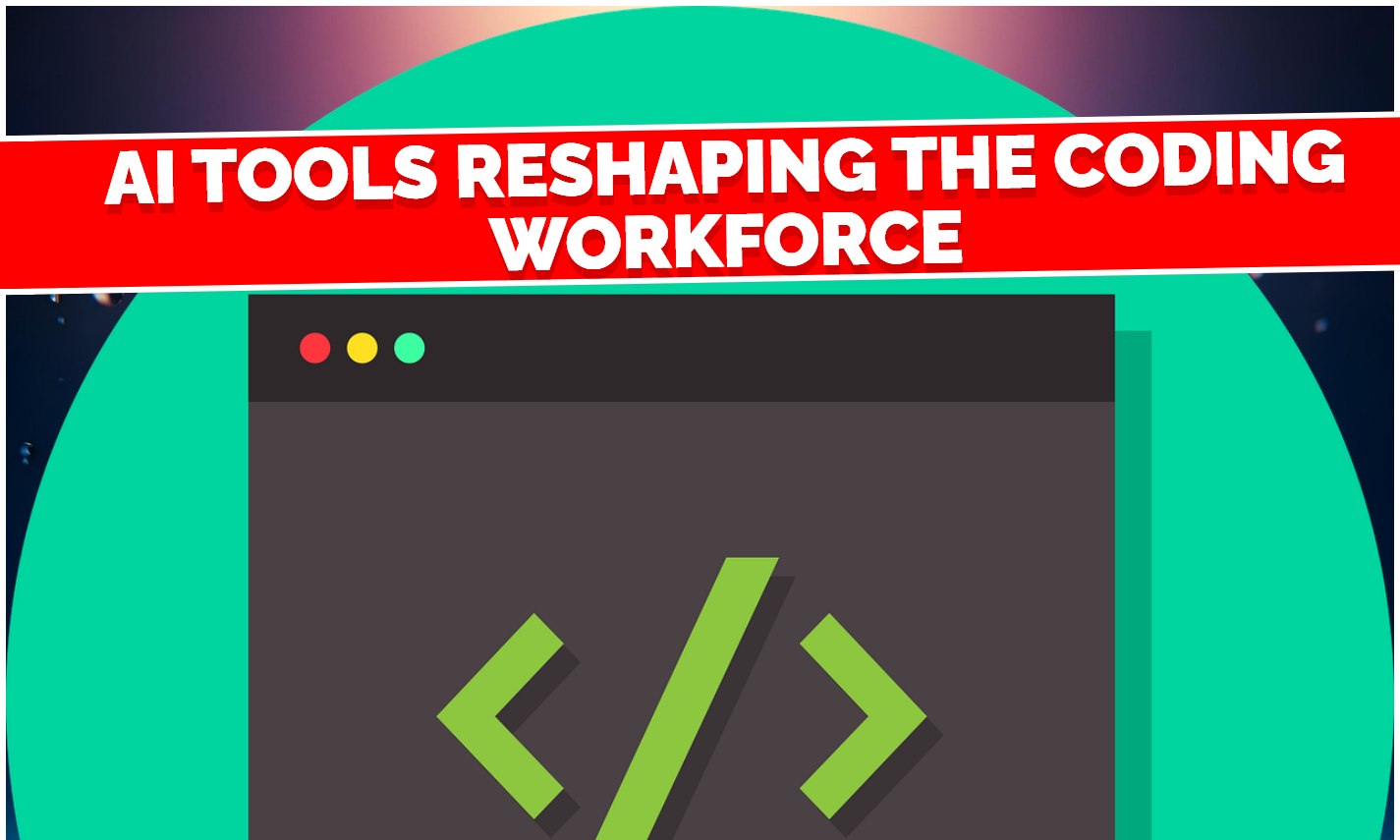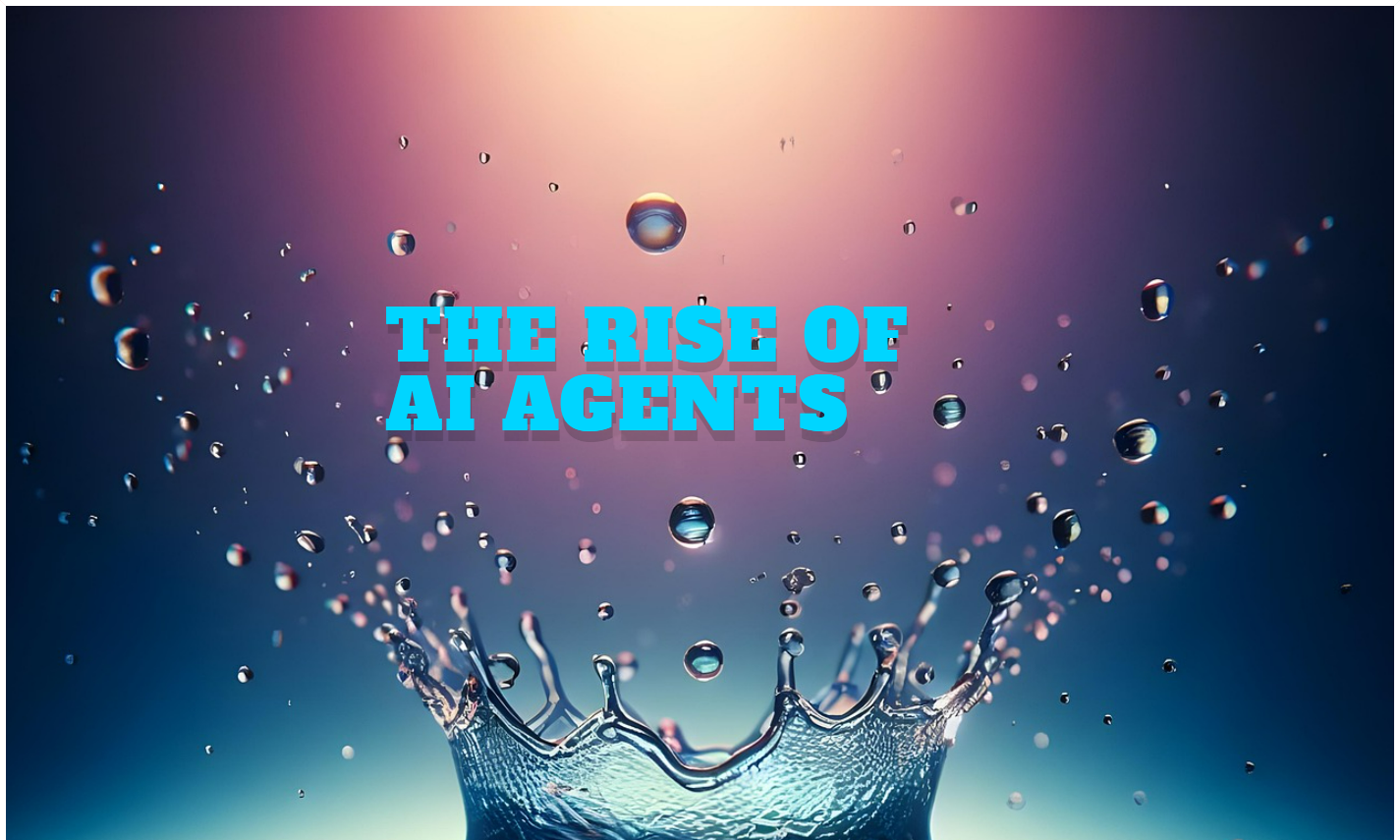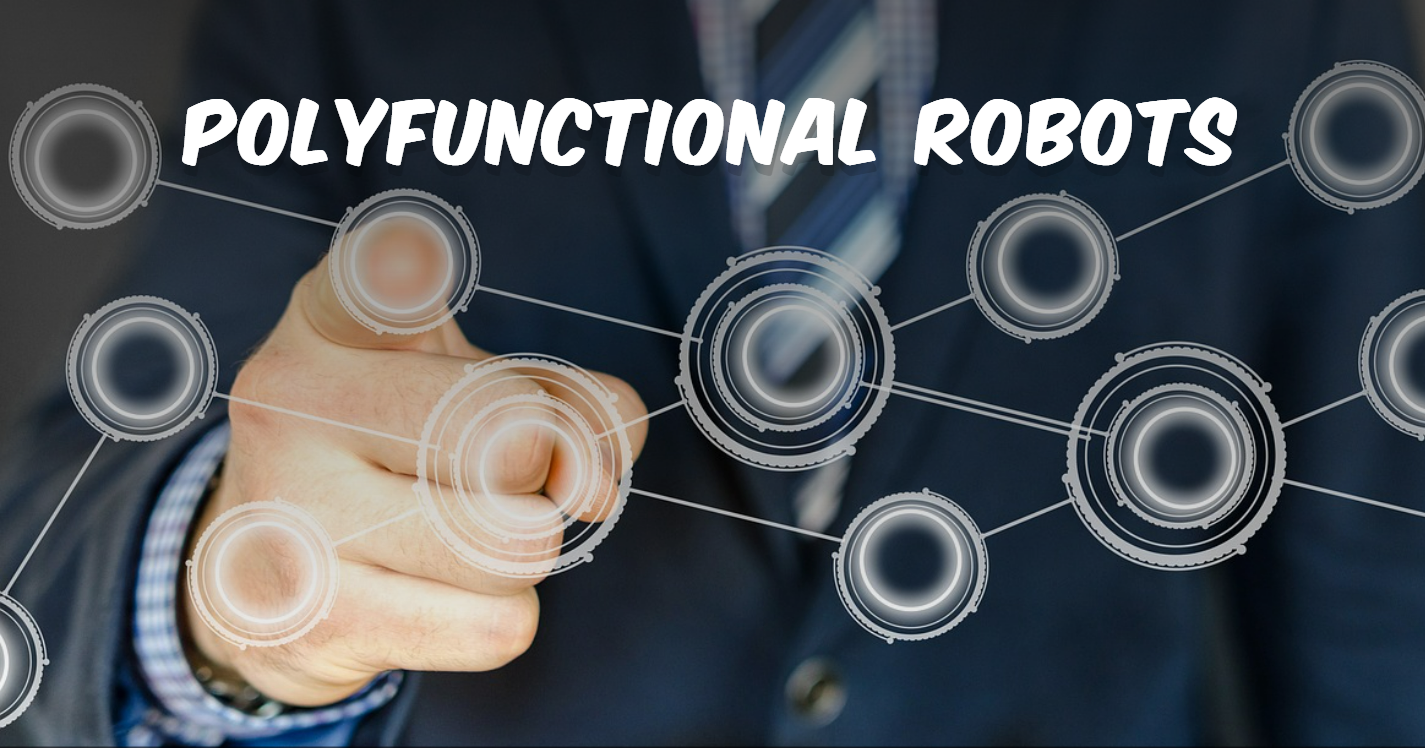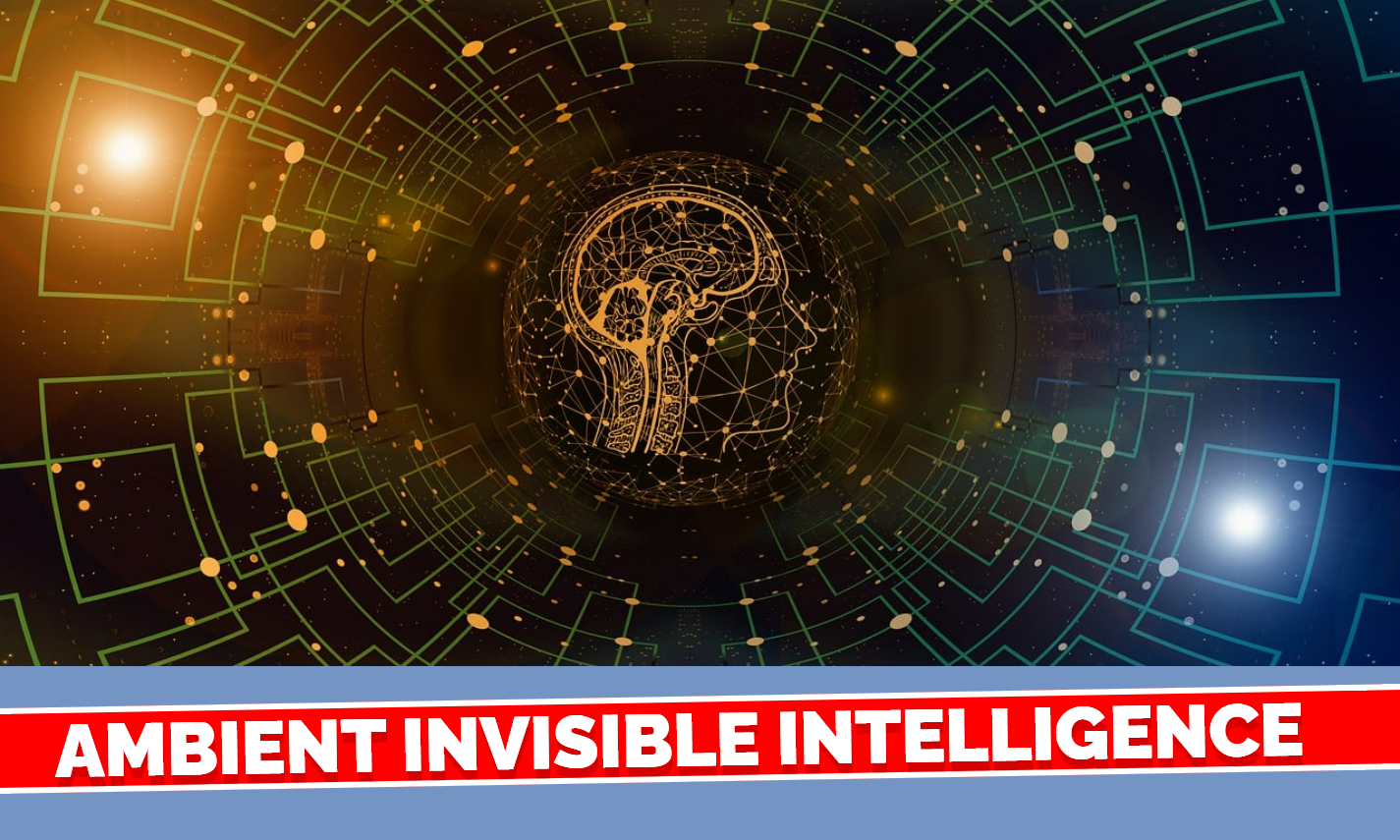The coding workforce is experiencing a seismic move, driven by the fast headway of counterfeit insights (AI) apparatuses. These developments are streamlining program advancement, computerizing dreary errands, and indeed composing whole codebases.
As a result, engineers and engineers are adjusting to a modern reality where AI acts as both a collaborator and a disruptor. This article investigates how AI is reshaping the coding workforce, its benefits, challenges, and the future of coding in an AI-driven world.
The Rise of AI in Program Development
AI-powered coding collaborators have developed essentially in later a long time. Apparatuses like GitHub Copilot, OpenAI’s Codex, Amazon CodeWhisperer, and DeepCode are outlined to help engineers in composing code quicker and more proficiently. These AI models, prepared on endless stores of code, can propose scraps, total capacities, investigate mistakes, and indeed create whole computer program applications.
The integration of AI in computer program improvement is not a sudden wonder. Early cycles of AI-assisted coding showed up as essential sentence structure proposals and autocomplete highlights in IDEs (Coordinates Improvement Situations). In any case, today’s AI instruments are distant more progressed, able of understanding setting, optimizing execution, and lessening improvement time dramatically.
How AI Instruments Are Changing the Coding Workforce
1. Upgrading Designer Productivity
One of the most outstanding impacts of AI devices is the increasing speed of coding forms. AI-powered IDEs diminish the time designers spend on monotonous coding errands by advertising real-time proposals. This permits software engineers to center more on complex problem-solving and program design or maybe than ordinary syntax.
2. Bringing down the Boundary to Entry
Traditionally, learning to code required a long time of consider and hone. Be that as it may, AI apparatuses are democratizing computer program improvement by helping apprentices in composing and understanding code. With AI-generated clarifications and guided coding proposals, non-developers and citizen coders can presently make applications with negligible programming experience.
3. Progressing Code Quality and Security
Bugs and security vulnerabilities have continuously been a major concern in computer program improvement. AI-driven code investigation apparatuses can identify mistakes, recommend redresses, and distinguish security escape clauses some time recently they ended up basic issues. These instruments offer assistance engineers compose cleaner, more secure, and optimized code with less effort.
4. Mechanizing Code Documentation and Maintenance
Documentation is a imperative but frequently ignored perspective of program advancement. AI can naturally create documentation based on code structure and usefulness, sparing engineers from the repetitive errand of composing documentation physically. Also, AI can help in keeping up bequest codebases by proposing upgrades and adjustments in understanding with advanced standards.
5. Quickening Program Testing and Debugging
AI instruments are revolutionizing the way computer program is tried and repaired. Robotized testing systems fueled by AI can run thousands of test cases in seconds, recognize issues, and indeed recommend fixes. This essentially decreases the time required for investigating and guarantees computer program quality some time recently deployment.
Challenges and Concerns
Despite the numerous benefits AI brings to the coding workforce, it too presents a few challenges that require to be addressed.
1. Work Uprooting and Ability Shift
One of the greatest concerns is whether AI will supplant human designers. Whereas AI can computerize numerous coding assignments, it still needs the inventiveness, problem-solving capacities, and key considering that human designers bring to the table. Be that as it may, parts may advance, requiring designers to center on AI oversight, framework integration, and moral AI contemplations or maybe than schedule coding.
2. Moral and Inclination Issues
AI models are prepared on existing codebases, which implies they can acquire predispositions and mistakes from their preparing information. This raises concerns around security vulnerabilities, one-sided calculations, and unscrupulous coding hones. Engineers must stay careful when utilizing AI-generated code and conduct intensive audits some time recently implementation.
3. Mental Property and Copyright Issues
AI-generated code raises questions around proprietorship and mental property rights. If AI recommends a piece of code comparable to an existing copyrighted work, it may lead to lawful debate. The computer program industry is still exploring these complexities, and clear directions will be fundamental to address these concerns.
4. Over-Reliance on AI
There is a hazard that designers may gotten to be excessively subordinate on AI apparatuses, driving to a decay in crucial programming abilities. Whereas AI can help in coding, it is basic for designers to keep up a solid understanding of programming concepts to guarantee they can troubleshoot, optimize, and improve independently.
The Future of Coding in an AI-Driven World
As AI apparatuses proceed to advance, the future of coding will likely move towards a more collaborative demonstrate where human designers and AI work together. Here are a few key forecasts for the future of the coding workforce:
1. AI-Assisted Advancement Will Ended up the Norm
AI instruments will ended up an necessarily portion of each developer’s toolkit, much like present day IDEs and adaptation control frameworks. Future program advancement workflows will include AI taking care of the bulk of coding, whereas human designers center on high-level plan, design, and innovation.
2. Expanded Request for AI Literacy
Developers will require to upskill and get it how AI capacities, how to prepare models, and how to assess AI-generated code. AI proficiency will be a significant expertise for future program engineers to guarantee they can use AI viably and ethically.
3. Advancement of Designer Roles
The part of designers will advance past fair composing code. They will progressively center on AI demonstrate preparing, approval, moral AI execution, and framework integration. Designers will act as AI bosses or maybe than fair coders, guaranteeing that AI-generated arrangements adjust with trade and moral requirements.
4. More Low-Code and No-Code Development
The rise of AI-powered low-code and no-code stages will empower more individuals to make applications without profound programming information. This will open up computer program improvement to a broader gathering of people, counting trade examiners, marketers, and entrepreneurs.
5. Persistent Progressions in AI Coding Capabilities
As AI proceeds to development, its capacity to get it and produce complex code will progress. Future AI models may be able to handle whole computer program ventures, from arranging and planning to coding and sending, assist changing the program advancement landscape.
Conclusion
AI is verifiably reshaping the coding workforce by improving efficiency, diminishing boundaries to section, making strides code quality, and mechanizing schedule errands. Whereas challenges such as work relocation, moral concerns, and mental property issues stay, the in general affect of AI on computer program improvement is generally positive.
By adjusting to these changes, designers can grasp AI as a effective partner or maybe than a risk. The future of coding lies in collaboration between human insights and manufactured insights, driving advancement and effectiveness in ways already incredible.









Leave a Reply